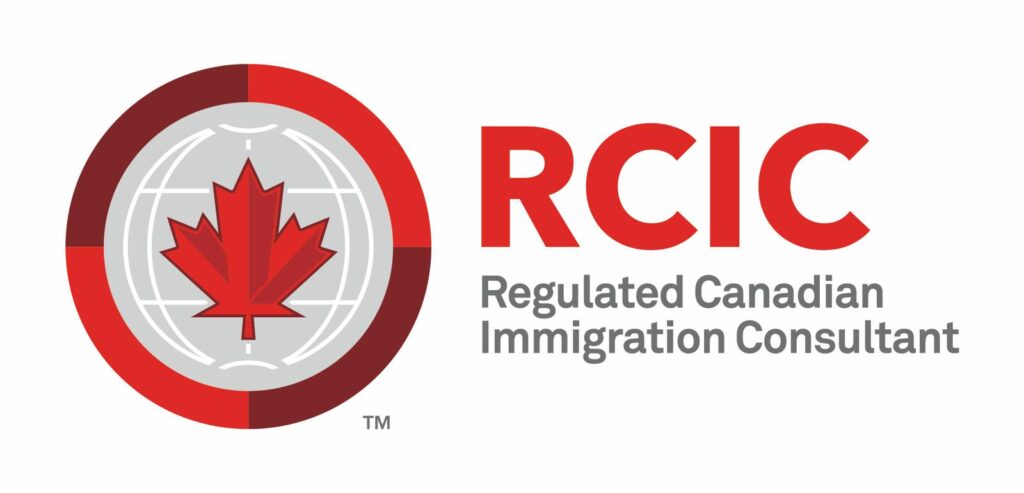The process of obtaining a Labour Market Impact Assessment (LMIA) and a work permit in Canada is crucial for both employers seeking to hire foreign workers and individuals looking to work in Canada. Here’s a comprehensive guide to help you navigate this important aspect of Canadian immigration.
What is an LMIA?
A Labour Market Impact Assessment (LMIA) is a document issued by Employment and Social Development Canada (ESDC) that allows Canadian employers to hire foreign workers when no Canadian citizen or permanent resident is available to fill the job position. An approved LMIA demonstrates that hiring a foreign worker will have a positive or neutral impact on the Canadian labour market.
Key Steps for Employers and Employees
For Employers
Application Process: Employers must apply for an LMIA from ESDC, providing detailed information about the job position, recruitment efforts, and reasons for hiring a foreign worker.
Labour Market Testing: In most cases, employers are required to conduct recruitment efforts to demonstrate that no Canadian workers are available to fill the position before applying for an LMIA.
LMIA Approval: Once approved, employers receive a positive LMIA, allowing them to proceed with offering employment to the selected foreign worker.
For Employees
Job Offer: Foreign workers must have a valid job offer from a Canadian employer who has obtained a positive LMIA.
Work Permit Application: With a job offer and positive LMIA in hand, foreign workers can apply for a work permit from Immigration, Refugees and Citizenship Canada (IRCC).
Duration and Conditions: Work permits are typically issued for the duration of the job offer, with specific conditions regarding employer, location, and job position.
Types of Work Permits
Open Work Permits: Allow foreign workers to work for any Canadian employer without the need for an LMIA. These are typically granted in specific situations, such as through international agreements or spousal sponsorship.
Employer-Specific Work Permits: Linked to a specific employer and job position, requiring an approved LMIA or exemption.
Tips for Success
Early Preparation: Start the LMIA process well in advance to allow time for recruitment efforts and processing.
Documentation: Ensure all documents, including job descriptions, recruitment efforts, and LMIA application forms, are accurate and complete.
Professional Assistance: Consider consulting with an immigration consultant or lawyer specializing in LMIA and work permits to navigate the process effectively and address any complexities.
Conclusion
Understanding the process of obtaining an LMIA and work permit in Canada is essential for both employers seeking to hire foreign workers and individuals looking to work in Canada. By following the steps outlined and seeking professional guidance when needed, employers and employees can navigate the process with confidence and compliance.
For personalized guidance on LMIA and work permits or other Canadian immigration matters, contact us at Core Connection Immigration. We are committed to providing comprehensive support to employers and employees alike in achieving their immigration goals.


